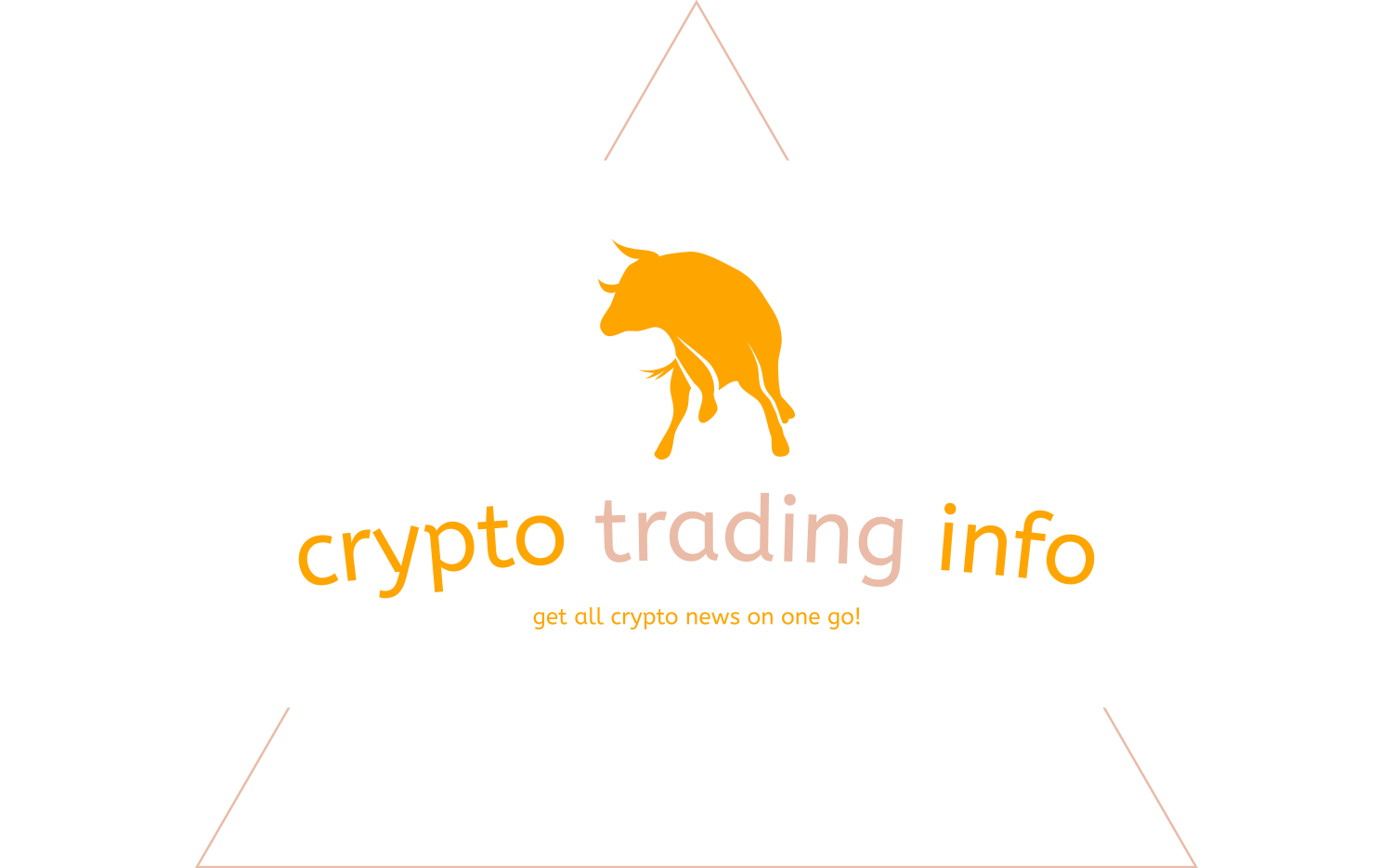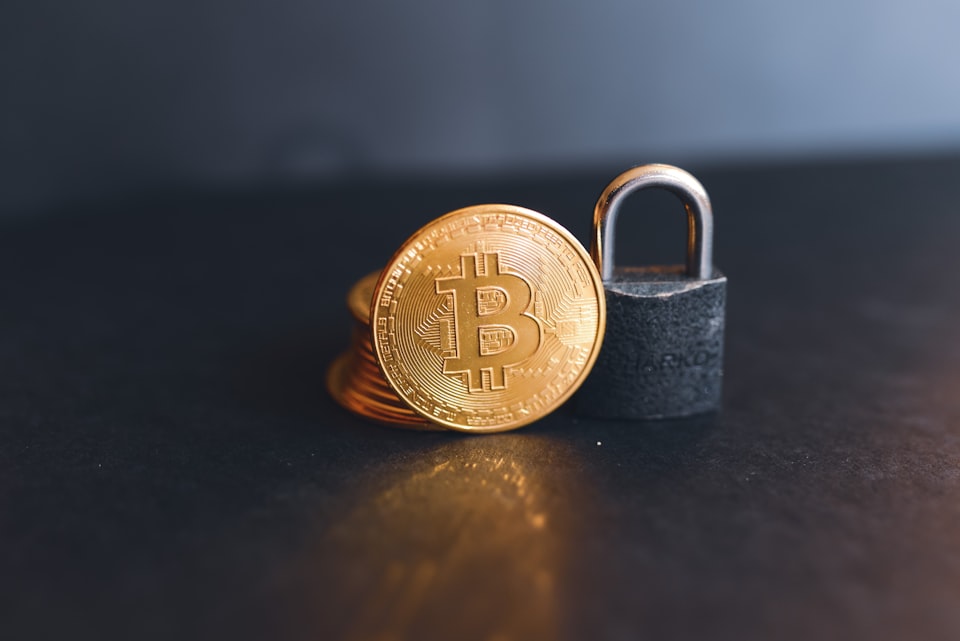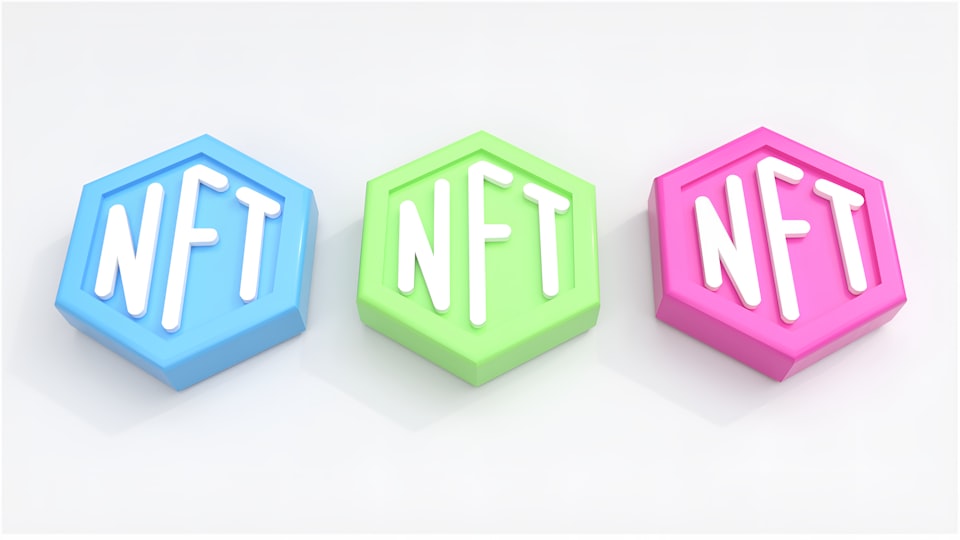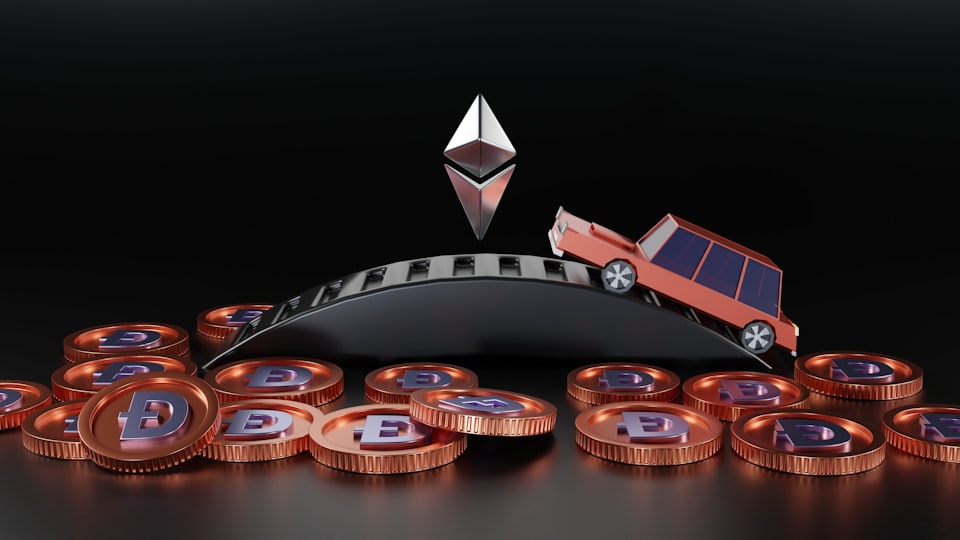Blockchain Gaming and Metaverse: Unleashing the Next Era of Immersive Experiences
Blockchain technology, combined with open standards and protocols, can facilitate the transfer of digital assets, identities, and experiences across different virtual worlds and platforms

The worlds of blockchain, gaming, and metaverse are on a collision course, propelling the evolution of immersive and decentralized virtual experiences. As blockchain technology continues to gain traction, its integration into the gaming industry is poised to revolutionize the way we interact, play, and participate in digital realms. At the forefront of this transformation, projects like Solana's new price oracle Pyth are paving the way for innovative developments and growth within the blockchain gaming and metaverse ecosystems.
Blockchain Gaming: Redefining Ownership and Player Engagement
True Digital Ownership and Scarcity
One of the most significant impacts of blockchain technology on gaming is the introduction of true digital ownership and scarcity. Traditional games often restrict player ownership and control over in-game assets, while blockchain-based games leverage non-fungible tokens (NFTs) to represent unique, indivisible, and transferable digital items. This paradigm shift empowers players to truly own and trade their virtual assets, fostering a vibrant digital economy and creating new revenue streams for developers and players alike.
Play-to-Earn and Player-Driven Economies
Blockchain gaming has given rise to the concept of "play-to-earn," where players can earn cryptocurrency or NFTs by actively participating in and contributing to the game's ecosystem. This incentivizes player engagement and creates a self-sustaining economy driven by the community. Games like Axie Infinity, CryptoKitties, and Decentraland have already demonstrated the potential of this model, attracting millions of users and generating significant economic activity.
Transparent and Decentralized Governance
Blockchain gaming projects often embrace decentralized governance models, empowering the community to participate in decision-making processes and shape the future of the game. Through voting mechanisms and decentralized autonomous organizations (DAOs), players can influence game development, rule changes, and the allocation of resources, fostering a sense of ownership and shared responsibility.
The Metaverse: A Convergence of Physical and Virtual Worlds
Immersive and Persistent Virtual Worlds
The metaverse is an emerging concept that envisions a convergence of virtual and physical worlds, creating a persistent, immersive, and shared digital space. Blockchain technology plays a crucial role in enabling the metaverse by providing a decentralized infrastructure for secure and transparent transactions, digital asset ownership, and data integrity. Projects like Decentraland and The Sandbox are pioneering the development of blockchain-based metaverse platforms, offering virtual real estate, gaming experiences, and social interactions in a decentralized and user-owned environment.
Interoperability and Cross-Platform Experiences
One of the key goals of the metaverse is to enable seamless interoperability and cross-platform experiences. Blockchain technology, combined with open standards and protocols, can facilitate the transfer of digital assets, identities, and experiences across different virtual worlds and platforms. This interoperability fosters a more connected and unified metaverse, allowing users to carry their virtual possessions and achievements with them as they explore diverse digital realms.
Decentralized Identity and Data Sovereignty
In the metaverse, decentralized identity and data sovereignty are crucial components. Blockchain technology enables users to maintain control over their personal data and digital identities, reducing reliance on centralized authorities and promoting privacy and security. This empowers individuals to navigate the metaverse with confidence, knowing that their virtual assets and personal information are protected and owned by them.
Solana's Pyth: Fueling the Blockchain Gaming and Metaverse Ecosystem
Accurate and Reliable Oracle Data
As the blockchain gaming and metaverse industries continue to grow, the need for accurate and reliable data becomes paramount. Solana's new price oracle Pyth addresses this crucial requirement by providing a decentralized and high-performance oracle network that delivers real-world data to blockchain applications. With Pyth, developers can access accurate pricing data, enabling the creation of sophisticated financial products, prediction markets, and other data-driven applications within the blockchain gaming and metaverse ecosystems.
Cross-Chain Compatibility and Interoperability
One of the key strengths of Pyth is its cross-chain compatibility, allowing it to operate across multiple blockchain networks, including Solana, Ethereum, and others. This cross-chain interoperability is essential for enabling seamless interactions and asset transfers within the metaverse, where interoperability is a core principle. By leveraging Pyth's cross-chain capabilities, developers can build applications that span multiple blockchain ecosystems, enhancing the user experience and fostering a more connected virtual world.
High Performance and Low Latency
The blockchain gaming and metaverse industries demand high-performance and low-latency solutions to deliver immersive and responsive experiences. Solana's Pyth leverages cutting-edge technology to provide real-time data delivery with minimal latency, ensuring that applications can react to market changes and user interactions in real-time. This high-performance capability is crucial for enabling smooth gameplay, real-time trading, and dynamic virtual environments within the blockchain gaming and metaverse ecosystems.
Embracing the Future: Challenges and Opportunities
Scalability and Throughput
As the adoption of blockchain gaming and metaverse applications grows, scalability and throughput will become critical challenges. Existing blockchain networks often face limitations in transaction processing speeds and throughput, which can hinder the seamless and responsive experiences required for immersive virtual worlds. Ongoing developments in layer 2 scaling solutions, sharding techniques, and alternative consensus mechanisms aim to address these scalability challenges, enabling blockchain networks to handle the increasing demand for high-throughput applications.
Regulatory Considerations and User Adoption
The blockchain gaming and metaverse industries are still in their early stages, and regulatory frameworks are evolving to keep pace with these emerging technologies. Navigating legal and regulatory landscapes will be crucial for developers and platforms to ensure compliance and foster trust among users. Additionally, user adoption remains a key challenge, as mainstream audiences may initially face barriers to entry, such as technical complexity and unfamiliarity with blockchain and virtual world concepts. Addressing these challenges through user-friendly interfaces, educational initiatives, and compelling use cases will be essential for driving widespread adoption.
Sustainability and Environmental Impact
As the blockchain gaming and metaverse ecosystems grow, their environmental impact must be carefully considered. Many existing blockchain networks rely on energy-intensive consensus mechanisms, such as proof-of-work, which can contribute to significant carbon footprints. Embracing sustainable practices, exploring eco-friendly consensus algorithms, and implementing energy-efficient solutions will be crucial for building a responsible and long-lasting blockchain gaming and metaverse industry.
Conclusion: A Future of Boundless Possibilities
The convergence of blockchain, gaming, and metaverse technologies is ushering in a new era of immersive and decentralized virtual experiences. As projects like Solana's Pyth continue to push the boundaries of what's possible, the blockchain gaming and metaverse ecosystems are poised to revolutionize the way we interact, play, and participate in digital realms. With true digital ownership, player-driven economies, and seamless cross-platform experiences, the future holds boundless possibilities for innovative gameplay, virtual world exploration, and the creation of vibrant, decentralized communities. Embrace the journey and prepare to unlock the full potential of this exciting intersection of cutting-edge technologies.
The information provided in this article is for educational and informational purposes only and should not be construed as financial advice. Readers are advised to conduct their own research and consult with a qualified financial advisor before making any investment decisions.




